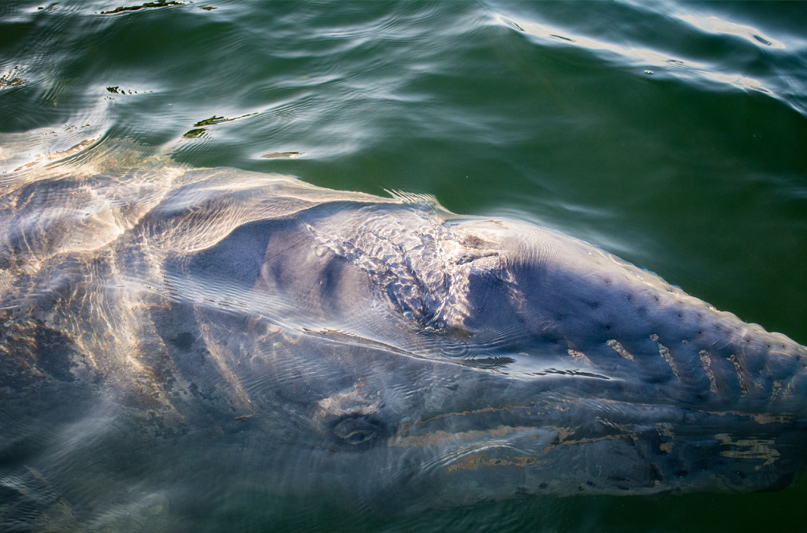
This year has seen a record number of gray whales washing up on beaches all along the west Coast of North America, with about 75 as of early June, according to the National Oceanic and Atmospheric Administration (NOAA).
Every year, gray whales move from Alaska to Mexico and back. The migrating whales eat in Alaska and pack on blubber before leaving. If the whales do not put on enough weight before leaving, they will have to look for food along the way, which is probably why they are washing up in place they do not normally visit, like Puget Sound.
In Washington, officials are asking owners of water-front property to volunteer their land to give a place for the carcasses to decompose. NOAA has stated that so many more whales have washed up than normal that they are running out of places to put them.
It’s not completely clear why there are an above average amount of beached whales this year, but it could be because the population of whales has reached its natural carrying-capacity, according to NOAA biologists. A large population combined with a bad year for amphipods, the main food source for the whales, could lead to a large die-off. Warming ocean water may also be dropping the population of amphipods, leading to less food for the whales to eat.